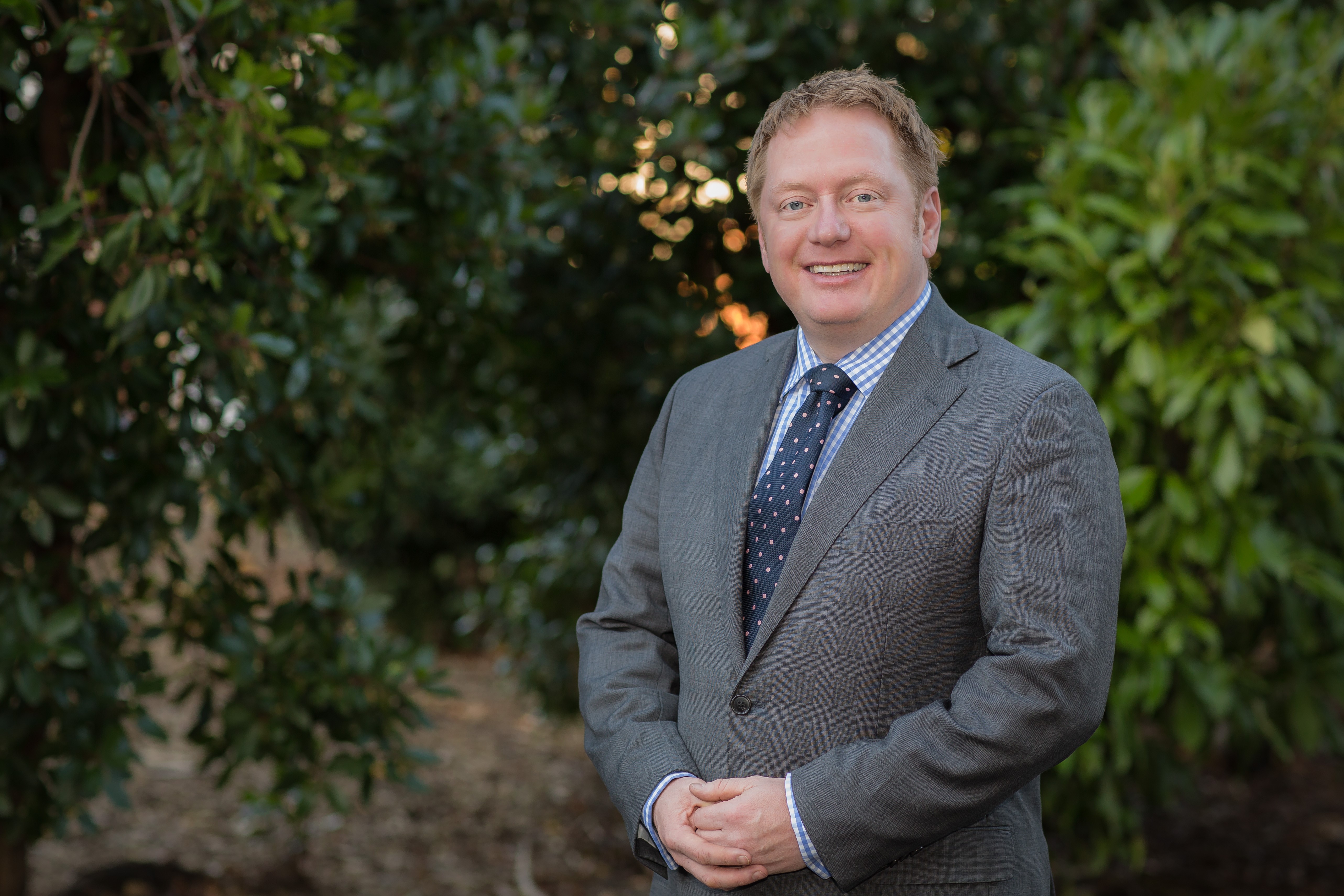The New Normal? Never was, never will be
Shaun Fenton, head of Reigate Grammar School and vice-chair of the Headmasters' and Headmistresses' Conference, reflects on an unprecedented time in education.
Half-term, if that’s what you can call it, has provided a breathing space in which to take stock. A bit of perspective has done nothing to persuade me that we have overplayed the challenges facing us. If anything, the reverse.
Ninety percent analogue to 100 percent digital in two weeks? Yes, that’s what my school, along with every other one in the county, has pulled out of the hat to meet the needs of our home-based students. Strange times, indeed. It may not be an achievement on the scale of the Nightingale Hospital in the ExCel Centre in Docklands, which was transformed from exhibition venue to 4,000-bed facility for Covid-19 patients in just two weeks, but it ain’t bad. In ordinary times, if you made the crazy decision to install a brand new, and untried, IT system across a large organisation you would expect months of chaos and frustration. But, somehow, schools transformed their ‘output’ in a matter of weeks.
How has this been done? Through the power of community action, kindness and amazing acts of generosity. Nearly 100 of our staff volunteered to work at school to support the children of key workers within minutes of my request going out. Things are happening quickly because bureaucracy has become a thing of the past. No one’s filling in a form to access help and support. We’re just doing what’s right. Because that’s what everyone is doing.
And of course we’re doing our bit to keep the home fires burning in the wider community. We’ve offered our campus as a hub to all our local schools. Our mini buses are zooming round the town collecting and delivering. We have been making PPE in our design technology labs, our science labs have been stripped of every set of goggles, gloves and aprons, and we are using the school as a food bank venue. We have contacted thousands of local elderly or otherwise vulnerable members of the community to offer company or practical help such as delivering shopping or picking up a prescription. We often talk of schools as being a community within society and I believe I am seeing that now more than any time of my career.
This is usually the time of the year when we have a discussion amongst senior staff about banning mobile phones – breaking the relationship between teenagers and their screens. I suspect that one benefit of so many teens being at home is that parents have benefited from the expertise of the children who, I have heard, have become the home-working IT consultant for the family.
Now that we are all part of a big, blended Zooming generation, we are all trying to be on the right side of a different digital divide. We have seen that a tablet or smartphone keeps people in touch, enables friendships, keeps families together when physically apart and maintains productivity. They also help with personal organisation and independence, facilitate collaborative endeavour and the exchange and improvement of ideas, and so much more. I wonder if we may now have fewer people in middle age bemoaning the negative impact of mobile new technology on society? There are certainly dangers, but the positives of new tech have literally saved lives and kept us going.
I have a haunting dream: it is of that poster from the past, where the child asks of his parent “What did you do in the war, Dad?”. In the future, my children will want to know the same of me: “What did you do in the war against the virus, Dad?”. As a school leader, I have a unique opportunity not just to do what should be done but to create opportunities for staff and students to be part of it. For many of us, these times give us the opportunity to show that our values-laden words translate into actions at a time of need. Our response, now the call has come, means we are all writing an important chapter in our life’s story. These are consequential times.
But, strangely, parents, some of whom in normal times lead multi-million pound deals in a frenzied corporate environment, seem to have lost the power of decision-making and time management. Stuck at home with one 11-year-old, they’re deluging us with emails asking if little Johnny should do his history worksheet before the chemistry one, or vice versa.
The answer? It doesn’t matter in extraordinary times!

